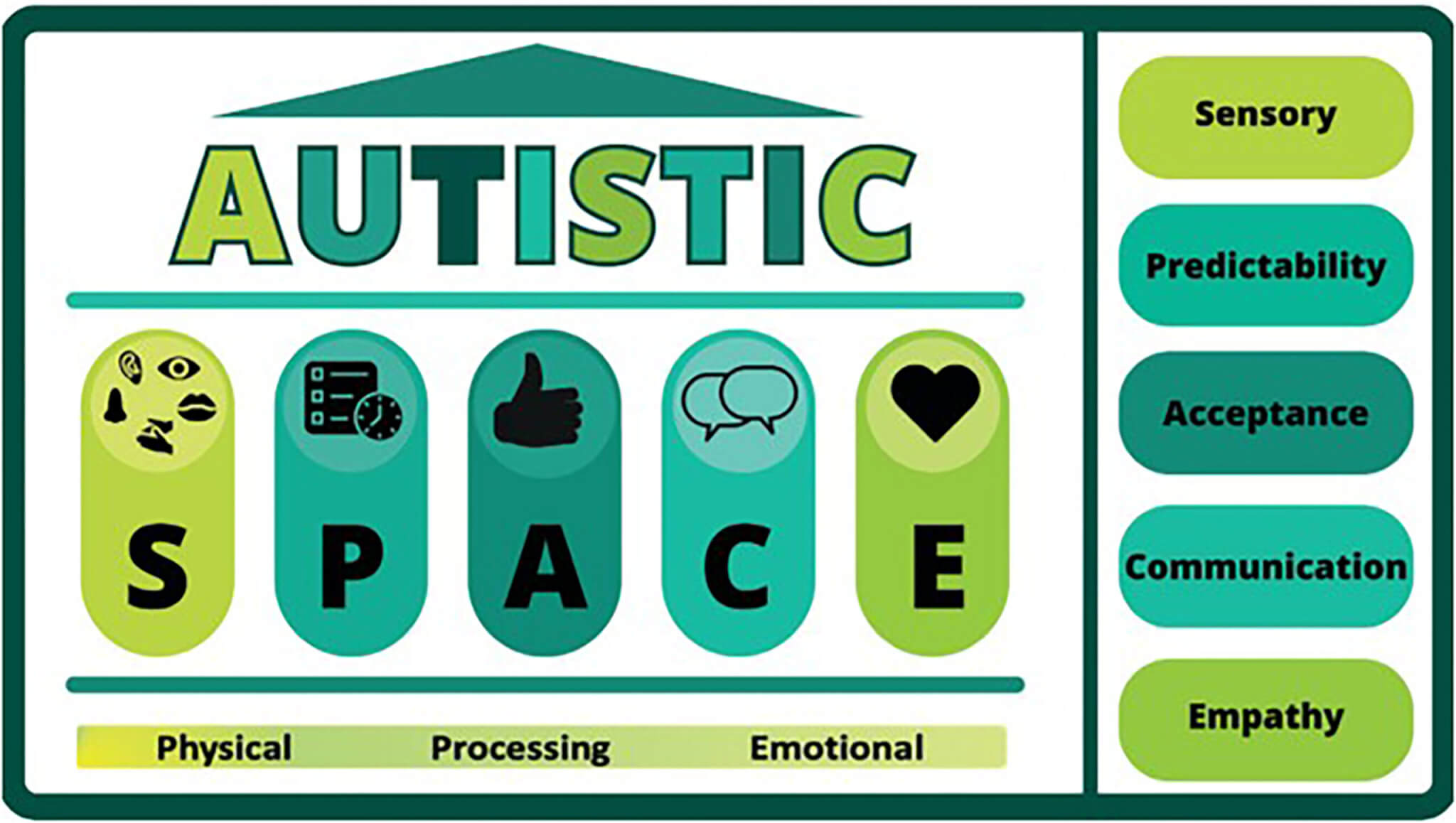Data Tracking
- ABC Antecedent Behaviour Consequence: Landscape
- ABC Antecedent Behaviour Consequence: Portrait
- Scatter Plot: Sample
- Scatter Plot: Template
- Preschool Observation
- Weekly Tracking of Targeted Behaviours
Complex Behaviours
- Universal Protocols
- TBD
- Iceberg Visual Organizer: Template 1 and Template 2
- Trauma Informed Practice
- Learning Series: Stress, Trauma, and the Brain: Insights for Educators by Doctor Bruce Perry
- Teaching the Hurt Child by Andrea Chatwin: Relationships Between Trauma, Attachment and Learning (guide)
- Teaching The Hurt Child Case Study Workshop Template (Andrea Chatwin)
- Teaching the Hurt Child Three Step Response (Andrea Chatwin)
- Spark Resources
- Autism and PDA
- Autism
- Pathological Demand Avoidance (PDA)
- The Educator’s Experience of Pathological Demand Avoidance: An Illustrated Guide to Pathological Demand Avoidance and Learning by Laura Kerbey (Book)
- Positive PDA Resource Booklet
- PDA Overview (one page)
- PDA Comparison with ODD (one page)
- PDA Strategies and Approaches for Educators
- Guidelines for working with students with PDA
- Using non-directive prompting
- Spark Resources
- FASD
Programming
- Positive Behaviour Support Plan: Guide
- Positive Behaviour Support Plan: Template
- Behaviour Support Profile
- Programming Planning
- Visuals
- Curriculum Guides (available in LS library)
- Eden (Cognitive, Self-Care, Speech)
- HELP (Hawaiian Early Learning Profile)
- SPARK Resources
- School Psychologist Resources: Academic Supports
Universal Design for Learning
- Ludia UDL A.I.
- Example of asking questions to “Ludia” bot with A.I. providing suggestions for lesson planning. Only references an official UDL research database:
- “Give me an example of a UDL lesson on growing trees.” → “What is an example of an activity for that lesson?” → “How can I assess this lesson?” etc…
- Example of asking questions to “Ludia” bot with A.I. providing suggestions for lesson planning. Only references an official UDL research database:
